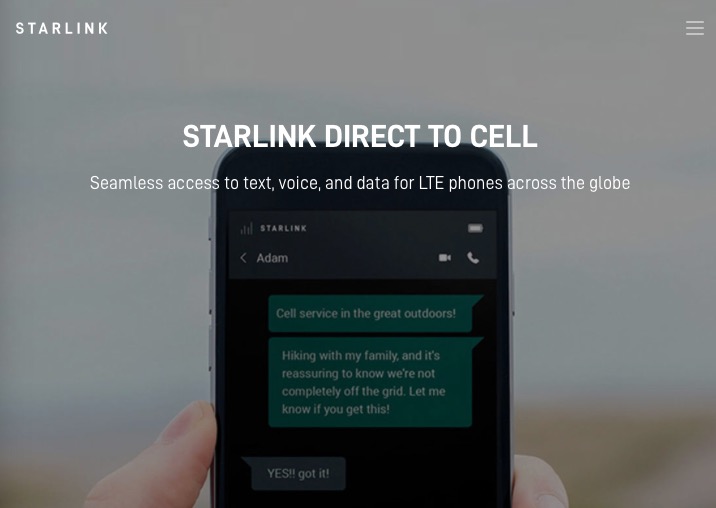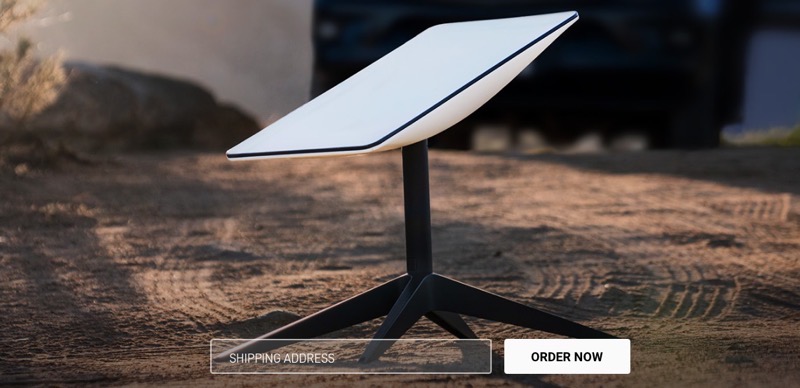
SpaceX Reassures FCC Over Starlink Cellular Service Fears
SpaceX is actively addressing concerns about potential interference from its cellular Starlink service with other satellite and terrestrial services.
On Wednesday, the company submitted a detailed 16-page report to the Federal Communications Commission (FCC) outlining the safety measures and benefits of its cellular Starlink service for US consumers, reports PCMag.
The document comes in response to the FCC’s request for more information and clarification on interference issues. The Commission had specifically inquired whether SpaceX could halt satellite transmissions if interference occurred. SpaceX assured the FCC of its capability to immediately cease transmissions from any satellite if harmful interference arises, highlighting that each satellite transmission chain can be individually controlled from ground command.
SpaceX emphasized its advanced network and topology software, which can re-plan the network almost instantly, enabling rapid cessation of operations across any geographic area. The cellular Starlink system, designed to transform satellites into orbiting cell towers, aims to deliver data to unmodified smartphones on the ground. SpaceX’s inaugural partner for this venture is T-Mobile, utilizing the 1.91 to 1.995GHz bands for cellular data transmission.
To mitigate interference risks, SpaceX has developed sophisticated beam-planning software to fine-tune satellite radio transmissions, ensuring compliance with T-Mobile’s licensing requirements and preventing in-band or cross-border interference.
SpaceX plans to launch satellites for the cellular Starlink service soon, pending FCC approval. The network could encompass up to 7,500 Starlink satellites. However, other cellular and satellite providers, including AT&T, Dish Network, and Globalstar, have expressed interference concerns to the FCC.
Omnispace, another satellite communications provider, has also opposed SpaceX’s plans, arguing to the FCC that interference-free operation of cellular Starlink is unrealistic. SpaceX counters these claims with a detailed interference analysis in its FCC filing, asserting its ability to maintain interference levels below harmful thresholds and dynamically adjust Starlink radio signals to avoid disrupting other satellite services.
The company is now urging the FCC to promptly approve its application to operate the cellular Starlink service. SpaceX aims to begin serving T-Mobile customers as early as next year, starting with satellite-based text messaging and expanding to voice and data services by 2025.


